Jasmine Is The Princess The Middle East Needs Right Now
When Naomi Scott first took a step into the audition room, she already had a direction she hoped to take on one of Disney’s most beloved princesses. Her blueprint not only aligned with Disney’s vision but enhanced her character’s memorability and influence.
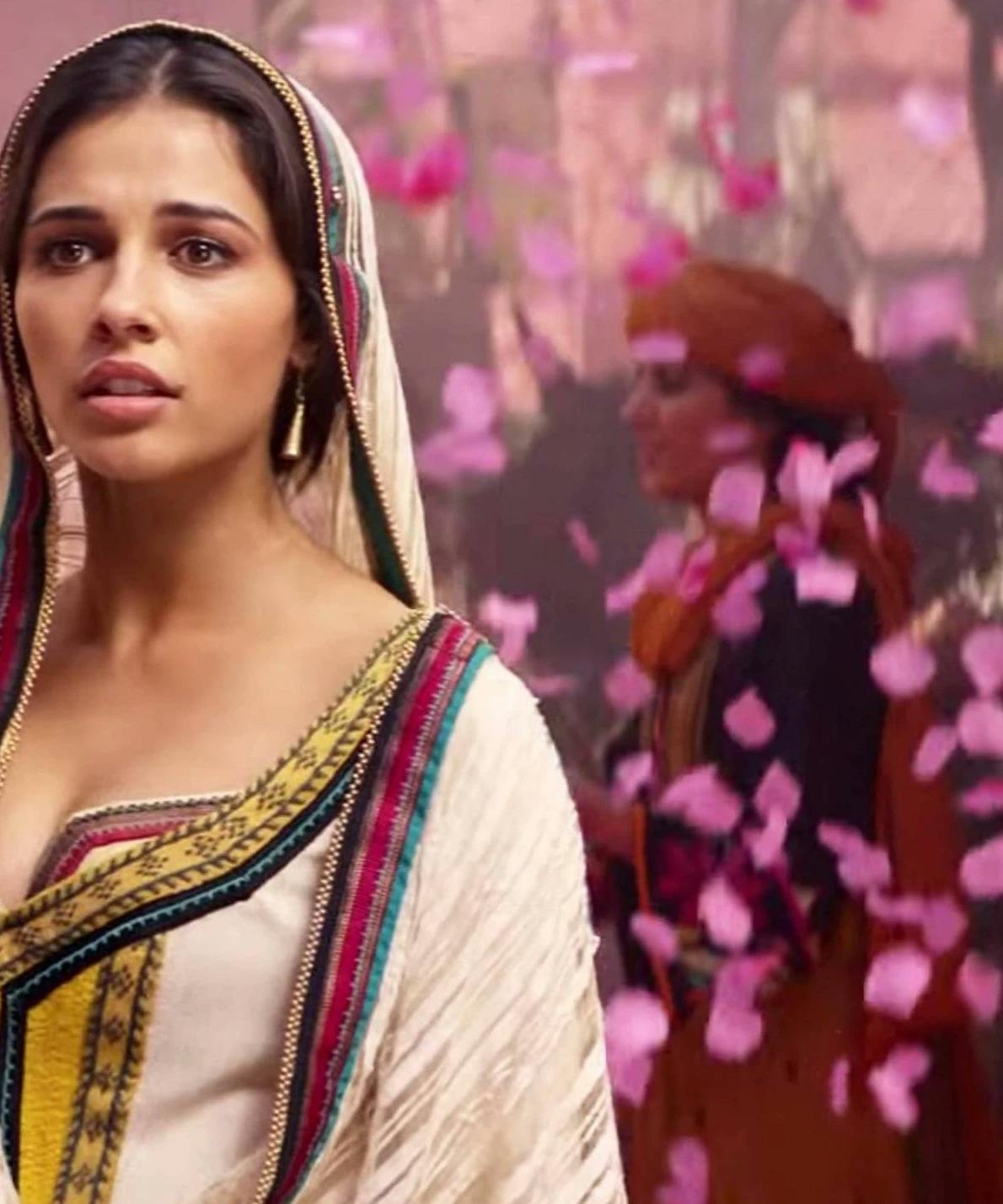
Princess Jasmine’s memorable traits go beyond the sea green belly dance outfit and winged kohl; she always had a devilishly playful streak, best displayed when she unleashed Rajah on a prospecting prince suitor in the original and passed it off as feline games.
She’s naturally adventurous... taking a stroll through Agrabah in disguise, spending a night riding a magic carpet, and then, of course, there’s her independent nature. Who could forget her iconic line to a group of men scheming out her future: “I am not a prize to be won!”
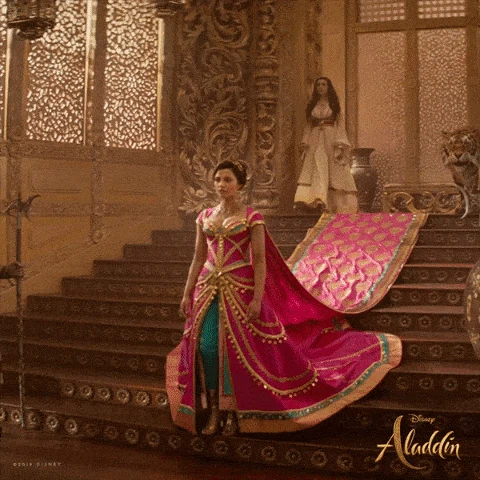
All that was a recipe for a likable princess. But thankfully, Naomi went a little further in unpacking her character because Jasmine’s arc bloomed into something more influential. Naomi wanted to humanize Jasmine and deepen her character in a way that was only natural.
In an interview, when asked for a couple of words Naomi would use to describe her character, she replied, “adventurous and political.” She wanted to stress that Jasmine wasn’t just fighting for her right to choose a suitor, but the right to take over her own kingdom - because no one knows her people like she does.
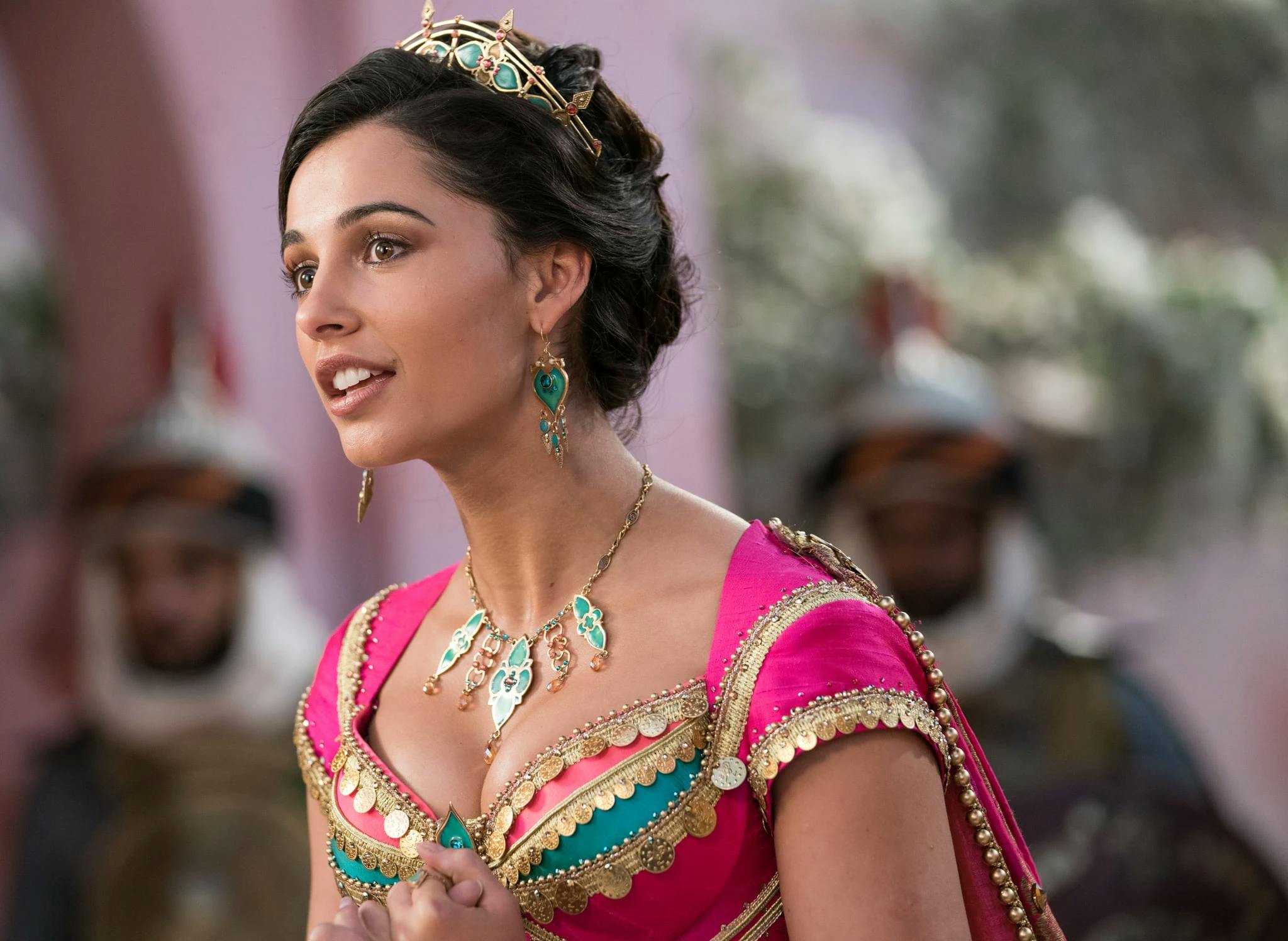
"I Won't Go Speechless"
The arc is best encompassed in her new single, “Speechless.” It’s Jasmine’s own personal anthem, a rebellion against real, harsh patriarchal dominance that fights to brand her as a woman to be “seen, not heard,” (and personally, my favorite addition the movie made!).
But for me, what makes Jasmine’s push back special isn’t just the catchy tune she sings while doing it; it’s the culture she’s pushing against. She’s fighting for her voice to be heard amidst a climate hostile to changes, particularly women making those changes.
Now, Agrabah is a fictional setting (obviously), but it draws heavy inspiration from various Middle Eastern cultures. It certainly is appropriate to compare the fictional work with the reality we see.
Western women are offered scholarships just based on their gender. Turn on the TV, and you’ll be greeted with a slew of inspiring actresses and spokeswomen. Our school systems cater to females and a more feminine style of learning better now more than ever.
These privileges are too often taken advantage of, seen as something we need to improve upon, instead of something we should be thankful for. We often take for granted that we live in the West. We forget that at the same time we breathe, another girl is across the world wishing her biggest dilemma was choosing between two colleges to attend.
At the same time we breathe, another girl is across the world wishing her biggest dilemma was choosing between two colleges to attend.
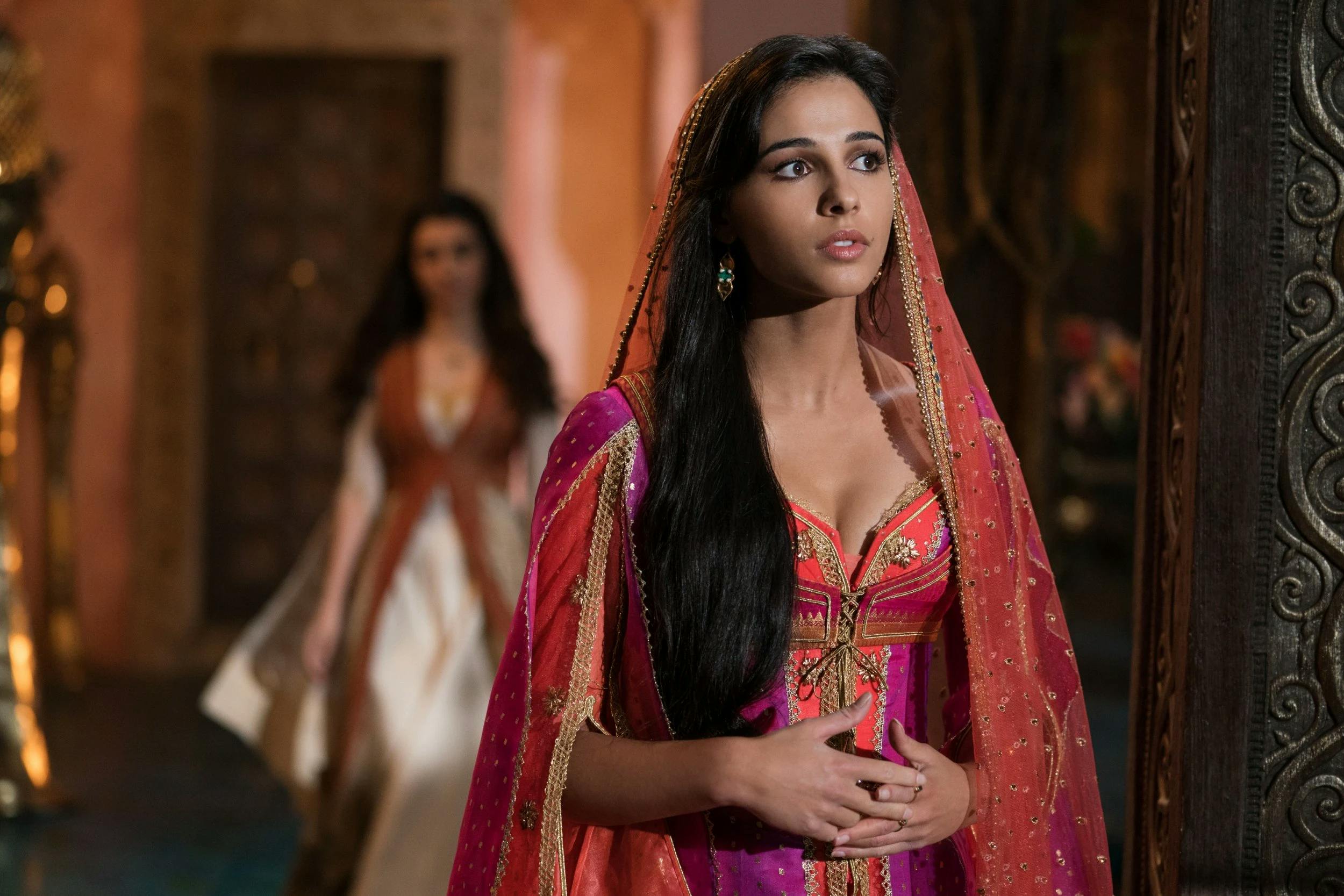
The Struggles of Middle Eastern Women
Caroline Alexander quotes the World Economic Forum in her article: “Twelve of the 15 countries in the world with the lowest rate of female participation in the workforce are in North Africa and the Middle East.”
And it certainly isn’t because Middle Eastern women are lazy or unmotivated. Time and time again, they’ve proven themselves capable of even outperforming the men within those countries. Seeing the increase of women interested in educating themselves and contributing to society did not sit well with the chairs men of many universities in Iran.
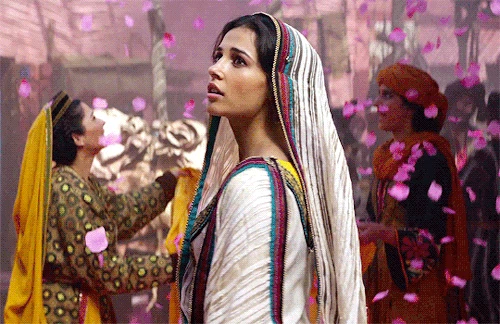
In the same article by Fariba Sahraei, it is said: “More than 30 universities have introduced new rules banning female students from almost 80 different degree courses.” This was to try and combat women from completely outnumbering men in universities and encouraging them to stay home.
More than 30 universities have introduced new rules banning female students from almost 80 different degree courses.
The problem isn’t in encouraging women to stay home — it is that staying home is the only option society wants to offer their women. Taking away a woman’s freedom is the easiest way to stifle her voice. And putting specific male family members in charge of her for the rest of her life is the easiest way to iron in her mind that she cannot take care of herself. In some cases, a woman’s son could be her guardian if there are no other men available in her family.
Just imagine for a second: your own son having guardianship over you.
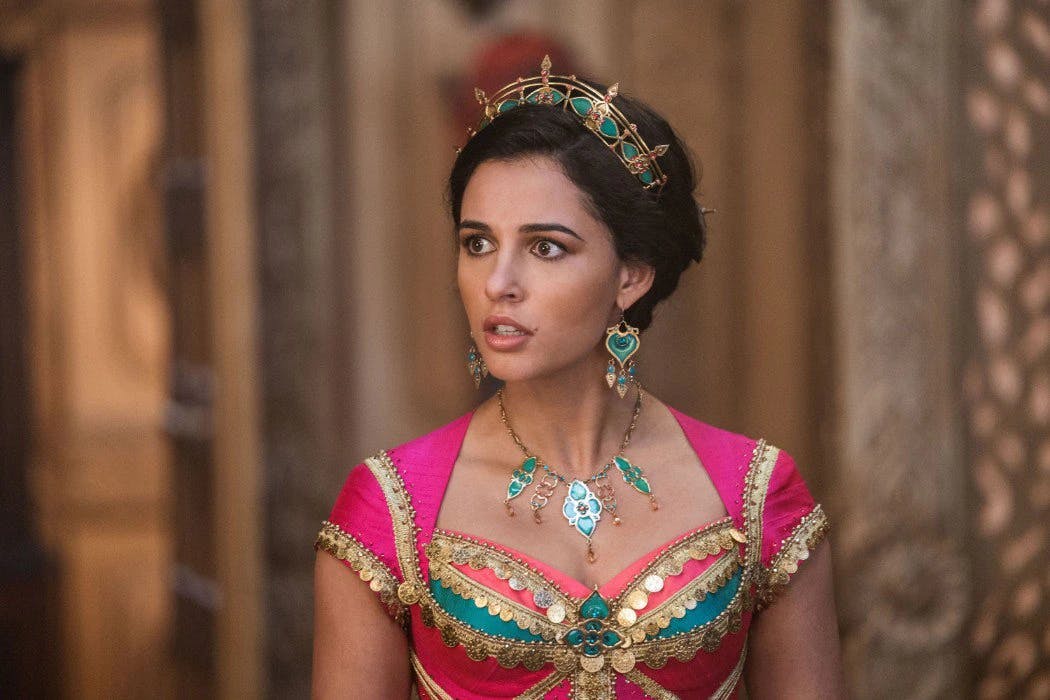
And if that wasn’t restrictive enough, the government continues to make an example out of women who have found their voices and choose to use them to protest restrictions on clothing. A large 2018 protest against obligatory veiling in Iran led to dozens of arrests. There isn’t much of a choice. If women want a formal education or want to express themselves through different clothing, they face an onslaught of cultural disapproval.
A large 2018 protest against obligatory veiling in Iran led to dozens of arrests.
In many cases, that disapproval doesn’t just come from family withdrawing support, but as sexual harassment. Annette Langer states: “According to a 2013 study by the United Nations, more than 99% of all Egyptian women have been the victim of harassment.” Sometimes, the victims are as young as eight years old — like the woman being interviewed in the article, Nour. And yet we feel the need to entertain topics such as this:

Closing Thoughts
Seeing Jasmine, a Middle Eastern woman, attempt to dent the political sphere of her country under harsher conditions and traditions than our own was my favorite part. It was almost like a self-insert fantasy, a break from a terrifying reality.
Hearing about all the odds stacked up against Middle Eastern women is not only exhausting, but it has become almost routine. Conversations about what goes on across the world are important (not racist!) to have.
Conversations about what goes on across the world are important (not racist!) to have.
It helps put things into perspective regarding systemic and cultural oppression, and encourages more Middle Eastern women to speak out on their issues, as these brave women and others are doing.